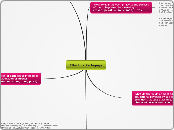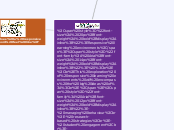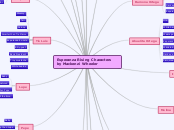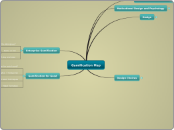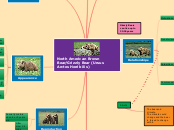по Maggie McClurg 12 лет назад
400
Effective Pedagogy
The fields of adult education and educational psychology highlight the importance of three distinct phases in college instruction: pre-engagement, engagement, and post-engagement. The pre-engagement phase emphasizes the significance of introductions and forming initial relationships to foster a supportive learning environment.
